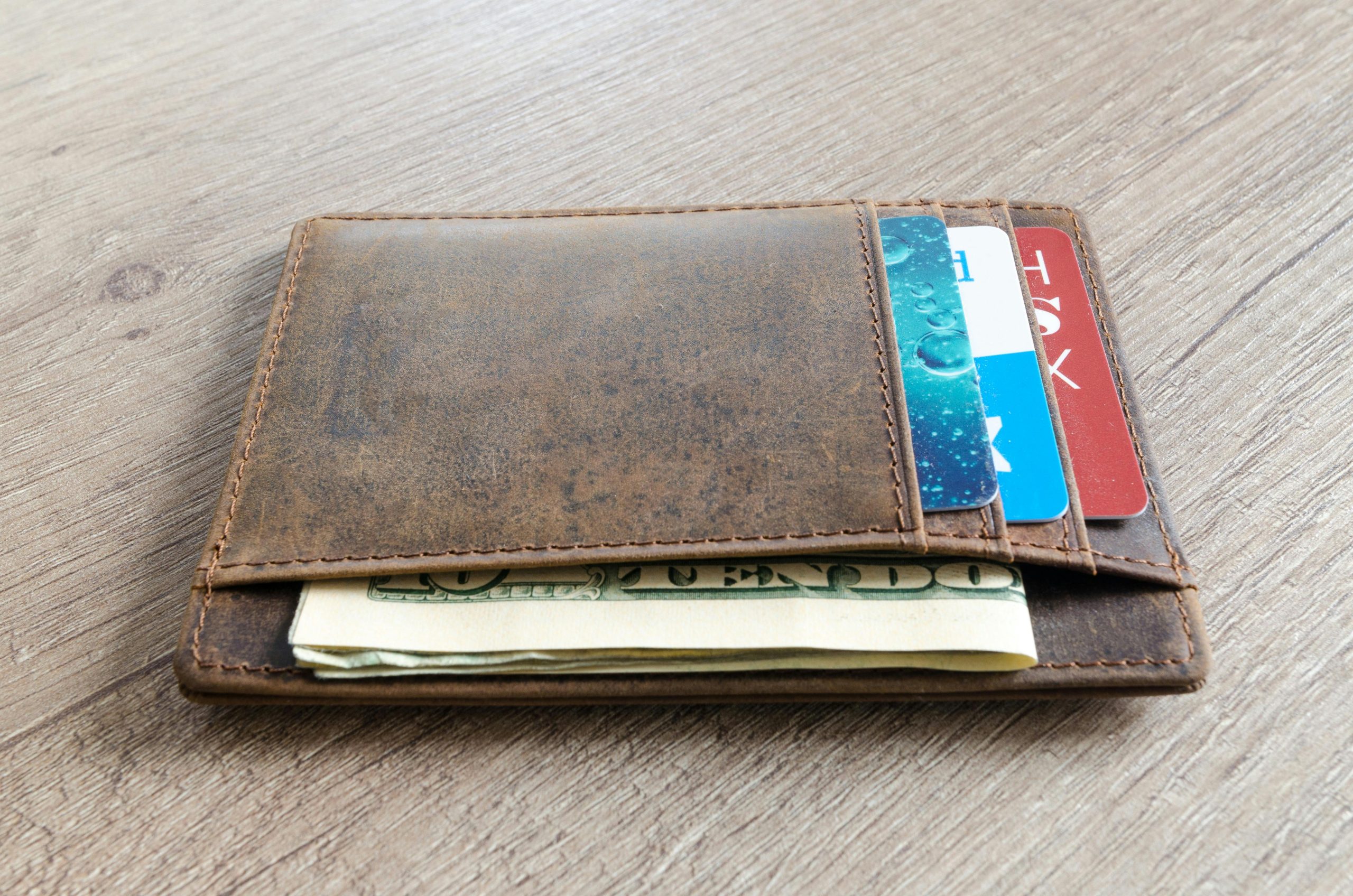Massachusetts authorities are alerting residents to take a closer look at the contents of their wallets and remove unnecessary or risky items. With identity theft and online fraud on the rise, experts recommend carrying only essential documents to protect personal information.
Many people, including myself, often carry wallets full of various items such as cash, credit cards, and identification cards. However, some of these items can put you at serious risk if lost or stolen. Experts from LifeLock and Discover have been stressing the importance of being cautious with what you keep in your wallet. Some documents and cards that we often carry daily can make us vulnerable to fraud, making it essential to avoid carrying items that aren’t absolutely necessary.
What to Keep in Your Wallet
Massachusetts officials are advising residents to only carry a few key items, including:
- Driver’s license: This is necessary for identification and driving purposes.
- Credit and debit cards: While they carry some risk, they are easier to cancel and replace if lost or stolen.
- Health insurance cards: Important for medical emergencies and doctor visits.
These items are essential for daily activities, and it’s important to keep them in your wallet for easy access when needed.
What Not to Carry
While the list of items to carry is short, there’s also a list of things that should stay at home to avoid potential risks:
- Social Security (SS) Card: This is one of the most sensitive items in your wallet. If it’s lost or stolen, it could lead to severe identity theft issues. A SS card is not needed on a daily basis, so it’s safer to leave it at home.
- Passport: Unless you’re traveling, you don’t need your passport with you at all times. Keeping it at home in a secure place is much safer.
- Bank Statements or Bills: These documents contain personal information and should only be carried when necessary.
- Old Identification Cards: Any expired IDs or membership cards that are no longer in use can be discarded. Carrying them around increases the risk of losing important information.
- Multiple Credit Cards: Only carry the cards you need for the day. The fewer cards you have, the less at risk you are of having your information stolen.
Why It’s Important
Cybercrime is growing every year, and millions of Americans fall victim to identity theft, sometimes without even realizing it. Criminals can use stolen information to open accounts in your name or make unauthorized purchases. Even a small slip-up, like losing your wallet, can lead to devastating consequences.
Experts from LifeLock and Discover stress the importance of monitoring your credit regularly to ensure there’s no unusual activity. Checking your wallet regularly and removing unnecessary items will reduce your chances of becoming a victim of fraud.
How to Stay Safe
Here are a few steps to follow to protect yourself from identity theft:
- Be careful with your wallet: Always keep your wallet in a safe place. Don’t leave it unattended or in a visible location.
- Use a wallet with secure compartments: Choose a wallet that has zippers or compartments to keep your cards and documents safe.
- Monitor your credit reports: Sign up for credit monitoring services to receive alerts about any unusual activity. This can help you detect fraud early.
- Shred old documents: Shred any old paperwork that contains personal information to keep it out of the wrong hands.
(Source : fun107.com)


 by
by 

